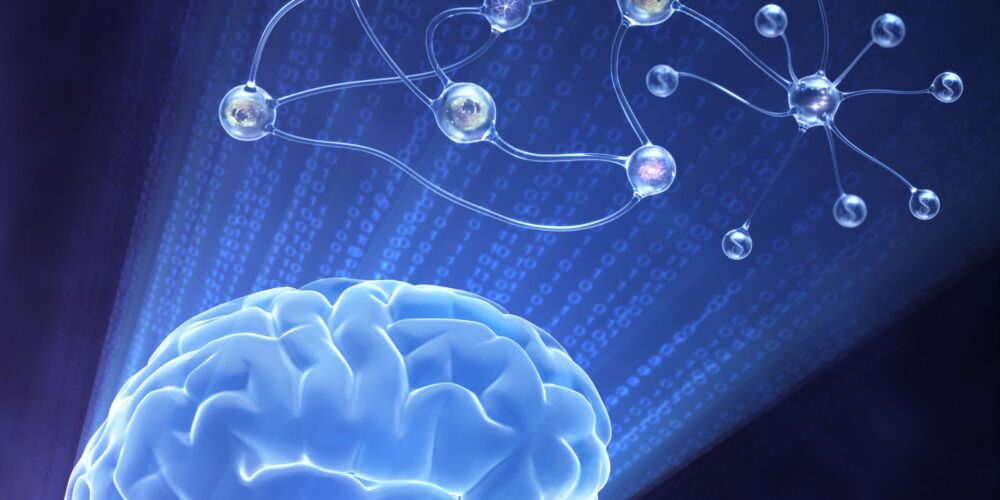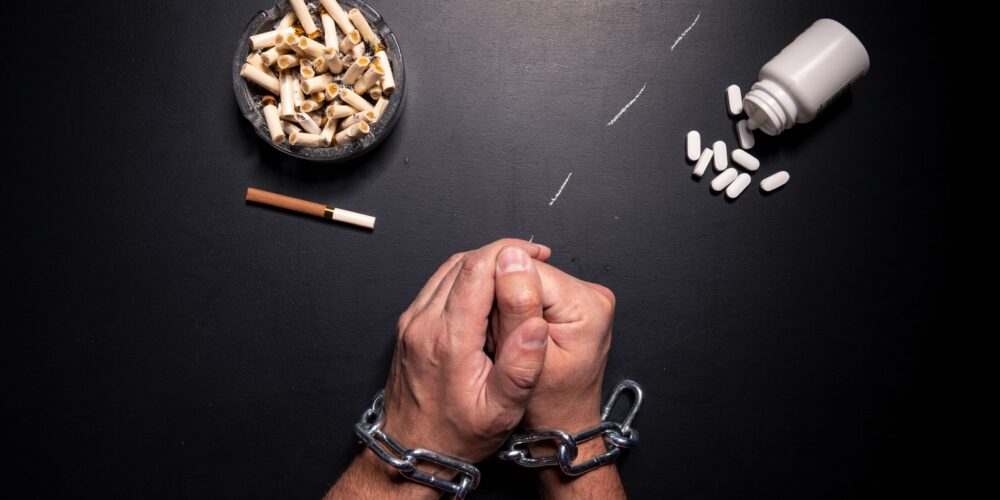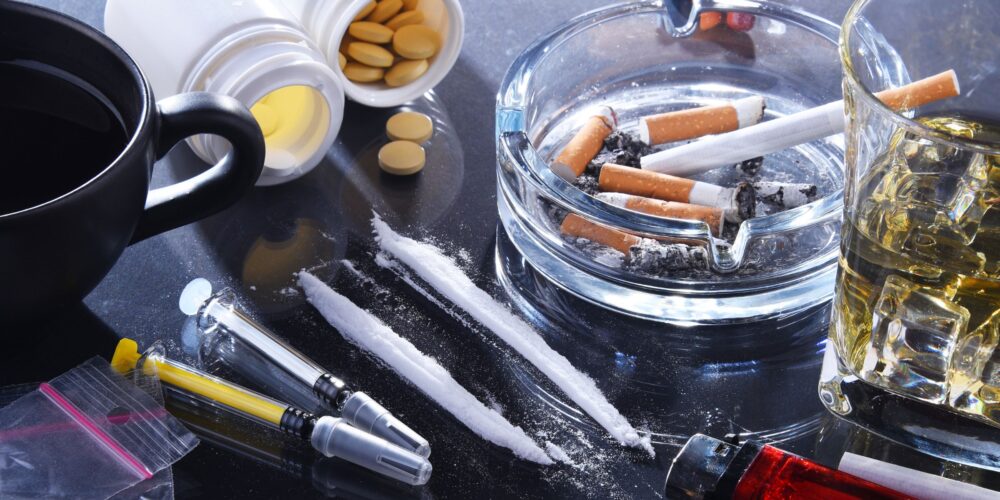Relapse is a common occurrence during the recovery process, and understanding…

No one intends to become addicted to substances. And no one intends to be anxious or have severe anxiety. But there is an ever-growing correlation between addiction and anxiety, and sometimes one can fuel the other and make one worse.
The Link at the Brain
Addiction and anxiety originate in the brain. We know this for a fact. We know this because the brain’s limbic system processes most of the emotions one can feel, including those related to anxiety and addiction. The prefrontal cortex, where decision-making is theorized to occur, perceives a threat which then triggers one part of the brain and then another to initiate a fight or flight response. This can then cause flushed skin, increased heart rate, tensed muscles, rapid breathing, and a surge of hormones such as cortisol and epinephrine.
Chronic stress can cause this cycle to become pervasive throughout one’s life, too. This makes it feel permanent. So, sometimes one will take a substance to bring pleasure to the pleasure parts of the brain, just to feel something different. Chemicals like dopamine can flood the pathway of the brain that makes things feel rewarding, and this substance makes it feel 10 times more rewarding. Then, addiction and anxiety can become linked.
The Cycle
A part of your brain called the amygdala not only remembers how drugs feel but can also cause a craving for them. This can make it harder to break the link once created. What’s worse is that this cycle began because of people attempting to self-medicate to try to fix their anxiety condition. As mentioned, they may do it to feel something different and pleasurable compared to anxiety. But the substances can also bring relaxation, reduce inhibitions in social environments, and boost confidence and energy when around people.
According to Anxiety.org, 73 percent of people who did not have anxiety or depression remained substance free six months after their treatments. For people who had anxiety along with their addiction, it was only 40 percent who remained substance free after six months.
It’s clear that breaking the cycle of addiction and anxiety is not easy, and needs a more integrated approach. If you or someone you know can benefit from such an approach to addiction and anxiety, then please call us at Greater Essex Counseling Services at 973-623-7878.



